|
“Create a curiosity based on a genuine passion so that young people find their way to be instructors of their own destiny with faith in the system.” Some conferences have a buzz. And at our recent SWIFT 2023 Summer Conference there was a distinctive buzz. It started with delegates arriving early to the Exeter Racecourse venue ready for the conference; as well as enjoying the opportunity to network and engage with new and existing colleagues, and chatting to sponsors and exhibitors. An uplifting buzz. CEO of Uffculme Academy Trust (UAT), Lorraine Heath OBE opened the conference on a Reasons to be Cheerful note. Lorraine is a highly influential leader within the region and as a SWIFT Partner, UAT plays a central role in our Appropriate Body Service, Early Career Framework, and Continuing Professional Development programmes delivery. Commending “such a professional generosity in the system” Lorraine praised schools and Multi Academy Trusts as “anchor institutions” who provide a support network at no cost, helping each other and sharing values, vision and moral purpose. Surely an example of optimism over experience. Amongst the uncheerful stories and pressures on schools, she highlighted the benefits of the Cradle to Career model on a school community and advocated courage to fail and to fail better that ultimately benefits young people. Change is coming and schools can make this better and wished everyone a great conference. Professor of Social Mobility at Plymouth Marjon University, Sonia Blandford is already a SWIFT black belt and has been leading a series of professional development “extras” sessions for our Early Career Framework programme. Sonia’s educational experience and accolades are vast and varied and she is a prolific published author. As one of our conference keynote speakers Sonia spoke on a topic close to our hearts here in the South West, “Born to Fail? Social Mobility: a working-class view.” Social Mobility is achieving positive change in socio-economic status, and more widely building better futures for all, in terms of wellbeing, health, and engagement with all that life has to offer. Strategic steps can create hope and continue to develop new approaches to education and public policy, using the principles of mutuality for the benefit of all regardless of their starting point, to develop greater engagement with parents and carers, families, and communities that will ensure all children and young people are supported to access meaningful support, develop their aspirations, to increase their achievement and life prospects. With the essential objective to improve the foundations for life for all children and young people. Sonia shared how impactful leaders can be effective through a shared vision with a core set of values and beliefs shared by all staff; a commitment to creating an ethos and culture of achievement across the whole school; collaboration with parents, children and young people and others within and beyond the school, including other schools, to develop and share best practice and communication that encourages modelling positive engagement with all stakeholders. As CEO of one of the largest national Multi Academy Trusts, Oasis Community Learning, keynote John Murphy was well placed to talk on the “Opportunities and Challenges When Growing a MAT,” overseeing 52 Academies in 21 Local Authorities with over ten years of rapid growth that was founded in Grimsby. Harking back to his own school days, it almost felt like a confession as John admitted to struggling in his schooling against a backdrop of a tragic family circumstance about which no-one at school mentioned to him, all of which contributed to him failing his exams. “Children have one chance” and Oasis want young people to flourish and to have a sense of optimism with equity and excellence for ALL children. But what does it look like? Oasis have built a team of leaders across every stage as deliberate and intentional foundation blocks that underpin education as the golden ticket. Learning and development are important, but it is also important to think how to deliver the culture and to encourage everyone to be part of the vision for the long-term. Working with the community and believing that children can achieve with support, Oasis supports youth work, food banks and housing to provide a “secure school” to create exceptional education at the heart of the community. Think what you are focusing on. Oasis accepts ALL children and considers what can be done to accommodate ALL children. Mindful that 37% of young people go to university every year, Oasis thinks about the other 63% who do not. How is the system geared for them? Too often education is rules focused and our role as educators should be to support the development of children and young people over time. It is important to change and refine priorities – not least with significant other life pressures and the growth in mental health issues. There are families who have generations of non-workers and they need to know what it looks like to work. Sometimes it is a case of doing a few things well. To deliver, celebrate and be proactive. For example, ensuring Headteachers are in lessons with established pillars that free up the teachers. Love the children and understand they are on different journeys. Give them the best opportunities. “The school as an oasis.” John noted the reliance on schools and colleagues post-pandemic and which helped to lead to the development of the National Institute of Teachers with the teacher career development thread throughout the system, underpinned with high quality professional development. Education South West Trust Leader, Matthew Shanks thanked John for the “honest explanation” and reminder about failing, relevant here in the South West and CEO of the Ted Wragg Trust, Moira Marder commended the reminder to love your families. National Director with Oasis Community Learning, Iain Freeland described how Oasis have strengthened and transformed the educational offer. With his specific responsibility for the evaluation and monitoring of Academy performance, Iain leads a team of independent consultants and was previously an Ofsted Inspector. It is important to be honest about what works and what does not work with a focus on Character, Competence and Community. Oasis asks both staff and pupils in order for them to become confident and resilient citizens: Consider who am I and who am I becoming? Staff are encouraged to work collectively and to think of educational provision as collegiate and to focus on priorities and intentional design in the curriculum. Oasis strives to support cultural capital and is part of a global community. Inevitably, Oasis has a high turnover of staff who are expected to be experts, and are always upskilling with an internal assessment of systems with intention, implementation and impact. Find the opportunities to engage staff as a way of retaining staff and create buy-in for the Trust. Evaluation is also an important part of the process. Delegates could attend one of the morning breakout sessions to get closer to some of the other key issues of the day. National Institute for Teaching Executive Director of Programmes, Reuben Moore and founding Regional Principal for the South and West, Jenny Sutton presented an update on “The National Institute for Teaching (NIoT) and its role in Developing Education,” reinforcing that “it is here for the system” and to add value. It is essential to change what happens in the classroom as an entitlement that is vital to the system in order to ensure that every child gets the best opportunity and to nurture their talents. Remember the definition of Nurturing = to feed on, to cherish, and to protect. The role of the NIoT is not simply to generate the research, but to make it live and breathe in the classroom and to challenge how to implement the implications of research into practice. There has been too much distance in the past and the NIoT wants to be school-led and to use teachers and leaders’ time well. In his session on “Reflecting on Parental Engagement,” Early Year Educator, consultant and aspiring children’s author, Jamel Campbell shared his very real love and knowledge of Early Years as a precious time with children based on his professional understanding, but also as a proud father of his 14-months son. Jamel’s talk reminded us of getting the basics right from the beginning in order to stand in good stead for the child’s entire schooling. Remember, there is a connection from the child’s very first day and parental engagement is essential in the child’s healthy development. Parents often have a premeditated judgment of teachers and schools even before they meet due to external influences and negative local neighbourhood information will influence parents, for example about the safety of school. Parental partnerships start from the first point of interaction and the settling in process will benefit from being a collaboration of the setting and parents. Some parents will be anxious and find it hard to let go and at all stages it will make a difference how parents push, support and influence their child. “Do not blame or judge them for being anxious, but soothe their fears with good practice and empathy.” Consider the parent and child transition and understand that parents are transitioning too. Ensure there is a familiar face for drop-offs and collections and a first point of contact and think about using a buddy system. Know the family and the child. Be aware of family quirks; for example, food, family environment. Consider a key person who is selected by the child. Children are sensory aware which can influence parents. Children connect to people who are like parents to them and this is why diversity is key and gives a sense of security. Feedback and communication are important and needs to be simplistic, authentic and honest, descriptive, authentic and accessible, in a way that parents understand and receive it. Build bonds with parents. Create opportunities, other than around calendar events to involve and engage in purposeful dialogue. When there are times that the teacher has to relay bad news, it is important to balance spending too little or too much time on the issue and to call home beforehand to avoid embarrassing the child. It is important children know that it is not them, but their behaviour that is being addressed. Consider does my setting accommodate all cultures/religions/diversity? Are there resources that represent the wider community? i.e. Devon children visiting London. Director of The David Ross Education Trust Teaching Hub – A.K.A. “DRET,” Kat Howard, a cousin you might say to our Colyton and Kingsbridge Teaching School Hubs as three of the 87 national Hubs shared her curriculum expertise in her talk on “Leading Principles of Effective Curriculum Development.” There is value in making content explicit to break down barriers for pupils and drawing on the community. For example, inviting local writers into school. By bringing together curriculum content from diverse experiences, the pupils can recognise themselves in the curriculum. Map conversations about the curriculum and remember the significance of teacher expertise and a duty of care towards prospective teachers. Allow a grace period as a mechanism to ensure teachers deliver and understand the purpose of the curriculum with a shared vision and language and direction. There is a significant correlation between teacher purpose and professional fulfilment. The way in which we spend teachers’ and leaders’ time in schools will ultimately determine retention over time. Focus on key reporting points and “look back, look forward” and use a live model so that retrieval becomes part of day-to-day structure of the curriculum with collaborative planning and coaching for discussions. Evaluation needs to be over time and consider who you bring together and the triangulation of data. “The measure of success for our schools is ‘not the exam grades or the progress scores, important though they are, but instead the real meat of what is taught in our schools and colleagues: the curriculum.” (Spielman, 2017) Back together in the main conference hall there was a sense of anticipation about the keynote by Stephen Morgan MP, Shadow Minister for Schools who presented on “Labour’s Vision for Education.” Glad to be back in the South West as a University of Bristol graduate, Stephen recalled his two weeks of work experience in a school – that put him off a career in the classroom. But he keeps close to the world of education as a School Governor and “a firm believer in the power of education to transform lives, create knowledge, skills, relationships and opportunities,” thanking staff for their “incredible work in difficult circumstances” - not least in recent years of the post-pandemic. On visits to schools across the country, Stephen is always impressed by staff ambition and potential, and the dedication of school leaders and teachers who often feel stretched, taken for granted and underpaid. Whilst their dedication is recognised, Labour also understands they cannot run on recognition alone. In addition, schools are managing the effects of the cost-of-living crisis and families are struggling with many children hungry and suffering mental health issues. A perfect storm. Added to which the unprecedented teacher recruitment and retention workforce challenge crisis with 2,000 vacant teaching posts a year meaning the Government is missing 40% of its annual recruitment targets, with the entire school population needing to be replaced every 14 years. There may be no silver bullet. But Labour wants excellence for everyone with a few of their active ingredients offered here: A Teaching Assistant in every classroom. Wrap around support by working together. End the private schools tax break. Boost knowledge and skills. Teachers encouraged to take on learning opportunities. Skills to support SEN and EAL. Support programmes for Headteacher to provide local support. Reform Ofsted that is dreaded and makes schools feel underpowered. Leaders and school staff under too much pressure. Greater sector expertise. Increased CAMHs support (“No child should be left without support.”). Commit to Mental Health counsellors in schools. Treat the profession with the respect it deserves. “Not enough young people are leaving school ready for school and life.” Career Advisors in schools. Two weeks’ work experience for all children Education is more than English and Maths. Art, Drama, Music, Sport should all be supported to boost children’s development and to equip them for the 2020s’ world of high technology, and the green economy etc. Echoing 26 years ago Tony Blair’s “education education education” priority for Labour to a rapt audience, Stephen reinforced that Labour is the party of education. Next up was something new for this year’s conference. The SWIFT Question Time Panel chaired by our very own David Dimbleby, SWIFT Strategic Lead, Roger Pope CBE. Panellists Sonia Blandford, Angela Browne (whom we were to meet as the final keynote in the afternoon), Stephen Morgan MP and John Murphy bravely sat on high chairs at the front of the main conference hall awaiting the wide range of (unseen) questions from delegates. The starter question was aptly, what should be Stephen Morgan’s priority when he enters his new Department for Education office? Baccalaureate with Music for every pupil to support mental wellbeing (Sonia); the levelling up agenda, with a more comprehensive and inclusive education (John); and diversity and the Protected Characteristics to make teaching a profession everyone can access (Angela). Stephen would have top of his own action list to restore trust amongst the profession, the key priorities and to find ways to work with the sector and give teachers the respect they deserve. So, lots for him to be getting on with. The panel next considered their views on all pupils studying Maths in some form to the age of 18 and whether they agreed with Prime Minister Rishi Sunak’s ambition and the main concerns to how it might be rolled out. The panellists generally disagreed. John believed it needed a longer-term strategy and the risk was putting pupils off Maths for life and that other learning gaps need to be closed post-pandemic. Education should seek to create flourishing young people with the choice to do what they want to do. Sonia advocated a love of number and teaching how to apply the knowledge in teaching for life; but also investing in the Early Years. Stephen denounced gimmicky pledges and Angela reflected how education is often too rules bound and institutionalises teachers who should not be treated like infants, comparing the different attitude in the Danish education system (where she lives and the experience of her nine-year-old son). “Create a curiosity based on a genuine passion so that young people find their way to be instructors of their own destiny with faith in the system." The next question referenced the post-pandemic situation in which schools have taken on the role of being 'everything to everyone' - from social work to school nurse. The panellists were invited to consider what they see as the core purpose of schools now and in the future and whether there needs to be a debate about the role of schools in society and how to make this manageable and reasonable for school staff? Sonia would “develop an inclusive education for creative and engaged human beings” who participate and feel included with a sense of belonging. John advocated an education that enables pupils to flourish and reflected on his own personal situation of not feeling good enough from his own schooling. Angela considered the shifting purpose dictated by external partners and recommended improved agencies for those most in need with schools as “a safe harbour” as the continuous thread in children’s lives. Sonia wanted a place in communities for young people for life and work and noted how teachers are having to step in and provide other services. A topical question next about teacher recruitment. The questioner noted their deep concern about the crisis and how this year at their school they have unsuccessfully advertised for a Teacher of Physics twice and had NO applicants. What would the panel suggest is the biggest factor affecting teacher recruitment and retention and how should it be addressed? John advocated the celebration of diversity and belonging to underpin the culture and cited the Oasis Academies conference “Break the Cycle.” As people are the most important part of delivery, Oasis builds staff networks and has a strategic plan where leaders are held to account with action plans. Sonia looked back on her role in co-writing the Teaching Framework 20 years ago as Dean of Canterbury Christ Church College and lamented how the Government is ending the range of teacher training programmes; whereas now is the time to provide a variety of programmes for a variety of people to train and enter the profession. Angela considered attrition rates and the problem of how to retain teachers and ensure that schools are safe places. Stephen shared how the crisis keeps him awake at night with too many teachers leaving the profession and recommended better salaries and better support for teachers (and see the previous highlights from his keynote). Turning to the young people themselves, the next question asked what are the biggest challenges facing children today? Stephen noted the pressures on young people and on CAMHs and schools to support them and advocated the need for a dedicated counsellor in every school and an open access hub in every community. John highlighted the challenges of domestic violence, the cost-of-living and lack of food for some children and families and the need for mental wellbeing support and opportunity for system redesign. Post-pandemic has “laid bare the inequity of the system” and had a huge impact like an elastic band, which has not always flicked back into place with costs to social skills and higher immaturity amongst some children and the need for explicit teaching. It should be about the lived experience for children and not the politicisation. There needs to be even more integrated work. Oasis has food banks in their schools and works to establish stronger bonds with families. Sonia felt that too many children do not feel included or have a sense of belonging and feel like education is something being done to them. They need to be allowed to develop and to be part of a community and the potential of every child should be celebrated. Rather than a punitive educational model. Angela noted the disconnect between adult perceptions and children’s experience. Schools need to be safe places. There is often too much toxic masculinity and children can feel left in a wilderness and on their own. As a fun final question, the panellists were invited to return to their own school days and to remember the teacher who made a lasting impression on them. Angela remembered the teacher who encouraged her to participate in the Ten Tors for three years in a row. The moor was like a transformational, spiritual experience. And as many of us know ourselves, a long walk can be revolutionary. For Sonia, it was the teacher who encouraged her to join the brass band and how she embraced this opportunity. A reminder of the power of inclusiveness and doing something new and doing it well. It was the Year 6 teacher for Stephen who taught his class to aim high and to achieve all their dreams – and whom he saw again as a canvassing MP and she pointed out his spelling mistakes on his leaflet, but had also kept a piece of his work for 30 years. In the midst of his challenging schooling for John, it was the teacher who swore, whom he thought was cool and who listened and praised him for his poem (after firstly asking, “Is this really yours?”!). We thank our panellists for their honest, heartfelt and insightful answers. SWIFT Question Time was a very enjoyable part of the conference experience and showed that educational debate is very much alive and kicking here in the South West. For the afternoon breakout sessions, NPSCC Assistant Director for the Southwest and Channel Islands, Andrew Freeman is currently overseeing the regional delivery of the national 10-year strategy in this 100+ year-old organisation. In his “State of the Nation – being Nationally Significant and Locally Relevant” talk Andrew reiterated the importance of working together in partnership as a nation of safeguarders. The NSPCC’s three impact goals are that everyone plays their part to prevent child abuse, every child is safe online and children feel safe, listened to and supported. The direct service development is focused on providing children and families what they want and need using the following key principles: involving families, partners and stakeholders in service design so that services deliver positive outcomes that can be replicated; innovating, and not shying away from failure - if the service is not being taken up or not generating positive outcomes for children, to use what we learn and try something else; collecting comprehensive data, evaluating our impact and conducting rigorous trials for the most promising services and forming partnerships with other organisations to implement the services that have been developed and tested to reach more children with the services that are known to work. Teacher of English, school leader and MAT CPD lead, Josh Goodrich from StepLab talked about “The Science of Instructional Coaching” and explained the importance of insight, motivation, embedding and techniques and understanding the difference between knowing and doing. Josh shared his own eureka moment after struggling with behaviour management when some simple coaching guided him in a routine for silence, entry routine and scanning that changed everything for him in his first year of teaching. Josh shared a few helpful reminders about learning. We learn by gradually building on (and with) what we know; we attend to what we value; we can only attend to a few things at once; learning by discovery is slow and effortful; repeated practice is necessary for fluency and what we don’t use, we lose. Following on from the earlier keynote by Sonia Blandford, Chief Executive of social mobility charity, CoachBright, Joe McGinn presented on “Academic Coaching as a Vehicle for Social Mobility.” CoachBright provides academic and pastoral coaching for some of the most disadvantaged pupils in the country to become confident, independent, and resilient, and to lead the lives that they wish to lead. Helpfully, Joe explained some of the different terms that can sometimes be conflated. Absolute/Total Mobility is how much movement there is, i.e. how many people ‘end up’ somewhere different to where they started. The direction is irrelevant; what counts is that they are moving. Upward Mobility is how many people are moving ‘up’ and Relative Mobility is the social fluidity or openness, i.e. how easily people move relative to others. In order to increase the chances of disadvantaged children, we need to decrease the chances of advantaged children in strengthening mechanisms by which disadvantaged children can get ahead, and weaken the mechanisms by which parents protect their children from moving down. SWIFT delivery partner Andy Ogden from Tarka Learning Partnership and Deputy Director, Chris Harris showcased our dynamic Universal Programme of Professional Development Communities, Masterclasses, Forums and Conferences and CPD events and Appropriate Body Service, Early Career Framework, National Professional Qualifications and Teaching School Hub Professional Development Department for Education Golden Thread Programmes (see the presentations at the end of this report). The final keynote, “Being Luminary - Making Our Schools ‘Safe Harbours” by the founder of Being Luminary, supporting leaders with Diversity Equity and Inclusion (DEI), Angela Browne. An interim Deputy CEO in a South West Multi Academy Trust and a Devon girl herself, Angela’s talk was at times heartening and thought-provoking. Declaring school leaders to be “Thought Leaders of DEI” and schools as “a lighthouse to withstand the DEI storms” in the post-George Floyd, #metoo, and Andrew Tate era. Everyone needs to be united on a platform and to engage in a meaningful dialogue with all stakeholders. Reflecting on the Equality Act (2010) and the ten Protected Characteristics that hold identity can be challenging in “heavy weather.” Hate crimes (race, religion, sexual orientation and others) are increasing, especially after the lockdown. It is important to look at the data and always to be aware of the impact of context and to keep up meaningful conversations. Angela cited a case study of Westminster School where more than 250 former pupils wrote an open letter about the toxic culture of racism at the school and bemoaned that their schooling had not prepared them for modern life. Education should strive to prepare all young people to think where they are going. Often a perception gap exists between the tension of what educators think they are doing and what they are really doing. Student voice can become skewed and is not their real voice. Angela refutes the claim that that you do know what you do not know – but insists that you do know as it is part of your peripheral vision. It is important to call out casual racism = microaggressions and to give yourself a line of enquiry. Understand how to create a sense of belonging and she questioned the easy-to-say “great” school narrative as we like to think that we are all having a great experience of school, staff and pupils alike. But this is not always the case. Angela looked at how to reframe the different IQs – emotional and cultural (DEI) and to go beyond policies and procedures and to demonstrate a commitment to learning the vocabulary, concepts and ideas. “What does it feel like to be you?” Change what is inside. In a spine-tingling-across-the-main-conference-hall-moment, on teacher mode, Angela was poised to cold-call the audience to explain their understanding of the definitions of race, ethnicity and racism. Humbly honest delegates admitted their lack of knowledge, how they felt entitled and ignorant and anxious about (possibly) not knowing the answer and their need to learn. In case you were wondering and if you are asked: Race = a biological social construct based on (17th whiteness. Ethnicity = a cultural assignation. A social construct in how to organise people. Racism = the system of advantage. Angela encouraged the audience to “crack open the window of compassion” and to buck the trend in your school. Have the conversations and know your data. “Identity is harboured in our schools.” Ask the question in the community and invite staff to share their lived experiences and to map to other identity groups. Talking and dealing with Diversity Equity and Inclusion should be the same as talking and dealing with safeguarding. All good things come to an end as Headteacher of Colyton Grammar School, Tim Harris closed the conference. Colyton was the first secondary school to be rated Outstanding under the new Ofsted Framework and may be the only school in England to be consistently rated Outstanding since inspections began and is proud to play a central role in our Teacher School Hub programme delivery. Summing up of the day, Tim thanked everyone involved, as a reminder that together we can make a difference, and noted Colyton is playing its part. “Quality time to think challenge plan and prepare.” In a time of crisis and a Government in perpetual crisis with issues of pay and retaining teachers, there were reasons to be hopeful. Schools are well placed to create a sense of belonging and to consider children’s experiences from all perspectives, quoting Atticus Finch in Harper Lee’s “To Kill a Mockingbird:” “You never really understand a person until you consider things from his point of view— until you climb in his skin and walk around in it.” But how do schools know when they are successful? By being clear about what it really means and the end purpose and working together as the collaboration of teachers to make a difference. All teachers have specific skills sets and can share this expertise and have integrity to pursue brilliant outcomes for all. Schools can foster diverse communities where everyone belongs as Archbishop Tutu said: “I am a human because I belong.” As educators we need to challenge perceptions. The South West might have the largest disadvantaged rates in the country with the lowest percentage of young people going to university - “the forgotten region.” But Stephen Morgan has shown that he is keen to listen to school leaders and we need people to listen. Things are and will get better. Schools are striving to provide a world class education that children and young people deserve and with wonderful professional development on offer from SWIFT there is the opportunity to be more effective and to make a difference. Tim praised SWIFT Deputy Director, Chris Harris for his last SWIFT conference before he moves to his new post and thanked him for all his hard work and leadership. Finally, thank YOU for YOUR support. As the inspiring Nelson Mandela said: “It always seems impossible until it’s done.” The 2023 Summer Conference was a memorable time together with a purposeful and positive atmosphere. An optimistic collective call to action to create a sense of belonging and support in our school communities, to provide an education in which children and young people can flourish, working together and for schools to be lighthouses to withstand the Diversity, Equity and Inclusion storms. As well as time to network, it was an occasion to meet our sponsors and exhibitors. We are grateful to all our sponsors who help us to fund a range of high-profile and high-quality professional development presenters; whilst bringing another dimension with their practical and relevant products and services to support teachers, leaders and schools. Rhys Gwillym introduced Praestantia Technology who provide IT technology and audio-visual solutions and consultancy with excellence and simplicity exclusively for educational settings so that, schools and MATs can focus on providing an outstanding learning environment. With their own links to education, Praestantia provide SIMS support, Broadband and Online Safety guidance, IT Security and school servers and backup. Consider them a hands-on IT safety net. For those in the audience who had yet to be captivated by award-winning Lyfta’s photography, Rahul Karavadra took us on a brief tour of their topical, enlightening and compassionate storyworlds that reach out across the world to enter the classroom and share different cultures and perspectives. Lyfta helps teachers to nurture the global citizens of tomorrow. You can watch their intro video here Family-run school catering experts with over 60 years’ experience, Educatering, were at the chef’s table providing food demos of their delicious food cooked using local ingredients, and mindful of healthy, nourishing and good value food grown close to home within our region. Delegates enjoyed tasting their tasty food throughout the day and finding out more about how Educatering can support school catering with bespoke menus. We thank the other exhibitors for being with us and for brightening the day with their innovative and useful educational products and services: Applicaa Ltd, Cornerstones Education, Devon Education Services, Exeter Maths School, Plymouth Argyle Community Trust, PRICE Training Teaching Personnel and Volt Entrepreneurs Ltd (you can find their website links at the end of this report) and with grateful thanks to Conferences South West for organising and overseeing. Thinking green this year, our SWIFT team stood tall with a lower carbon footprint conference: reduced plastic and paper and delegates using the QR code on the conference programme for more information. Once again, we thank EVERYONE involved in this year's Summer Conference: our speakers, sponsors and exhibitors, and of course, our delegates. Report by Jude Owens, PA to the SWIFT Executive Team Find out more about sponsors and exhibitors here:
0 Comments
23/6/2023 0 Comments SWIFT Events Newsletter | Issue 27This issue includes a featured article and some highlighted programmes, courses and events. from our partners to support your professional development and enhance the work of your school. Simply click on the booking link, to the course or event you are interested in, to get more details or book straight on!
|
SWIFT News
|
SPONSORED BY
Join us, be a part of our SWIFT community |
© COPYRIGHT 2022 SOUTH WEST INSTITUTE FOR TEACHING SWIFT. ALL RIGHTS RESERVED | Website by brightblueC
VIEW OUR PRIVACY NOTICES | VIEW OUR COURSE T&CS
VIEW OUR PRIVACY NOTICES | VIEW OUR COURSE T&CS

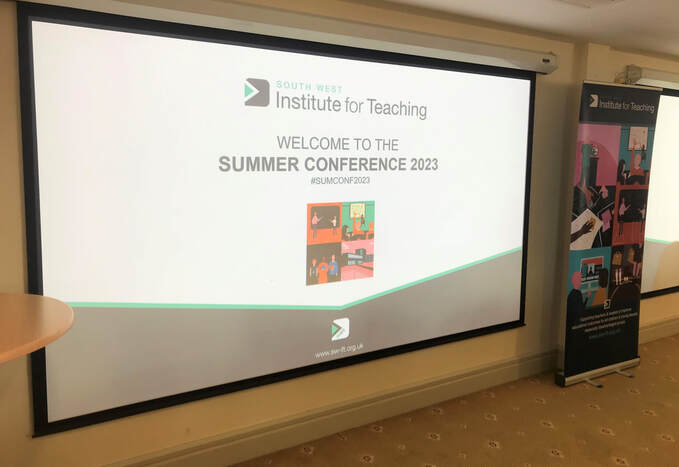

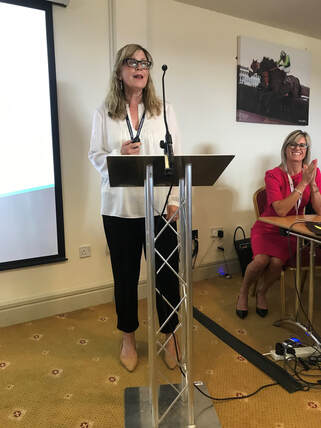


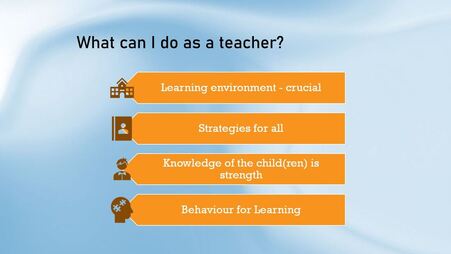
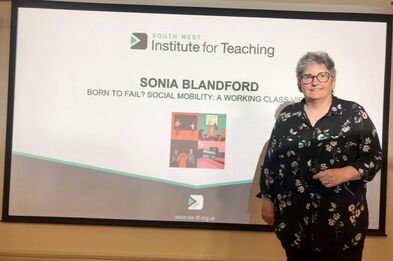
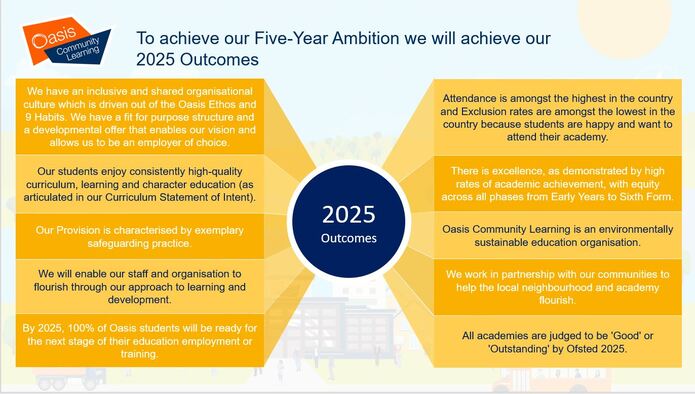
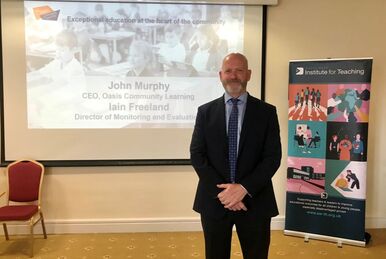

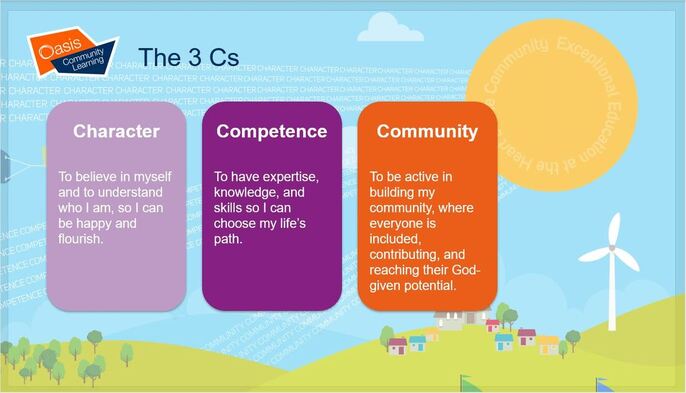
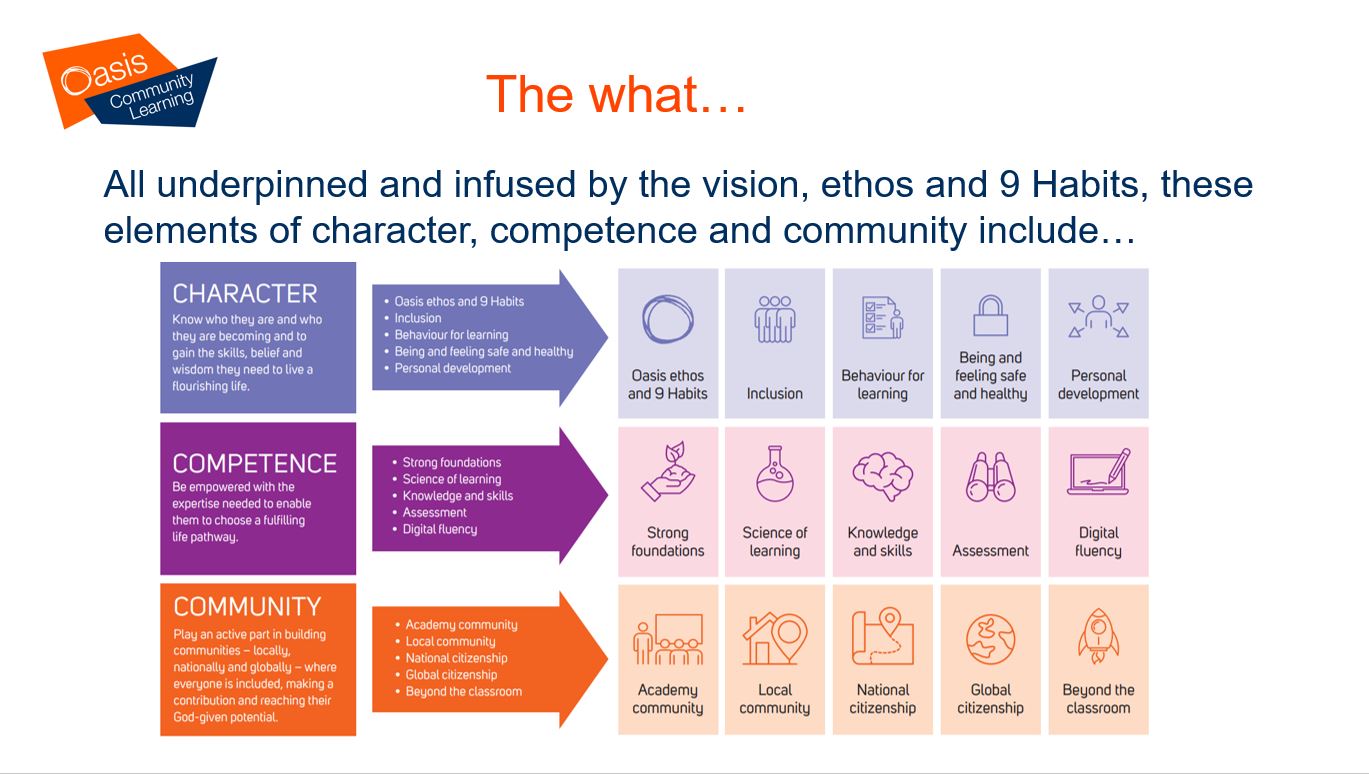
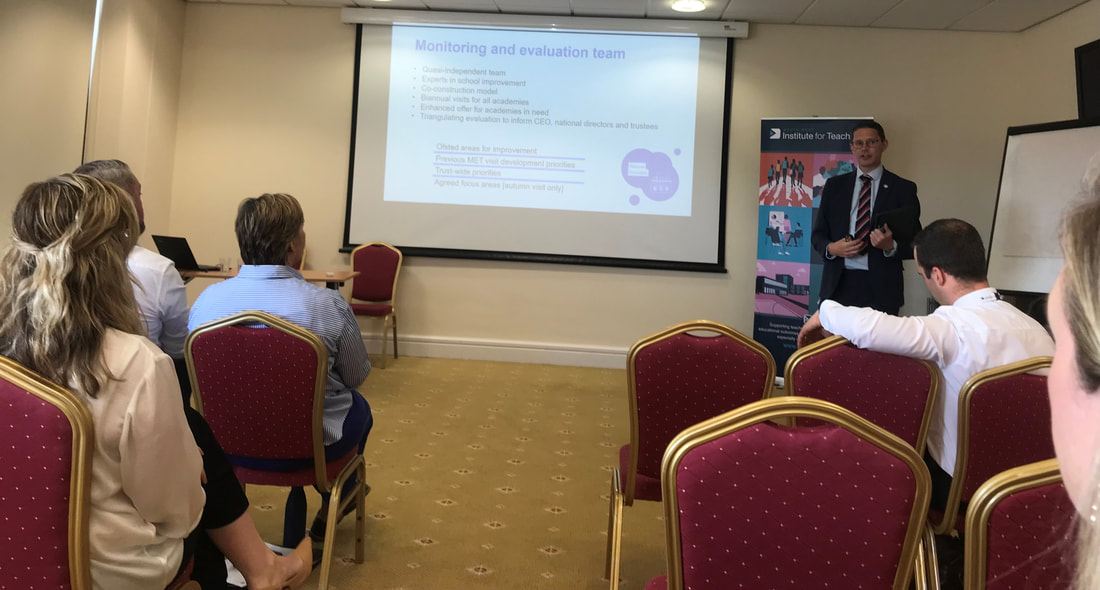
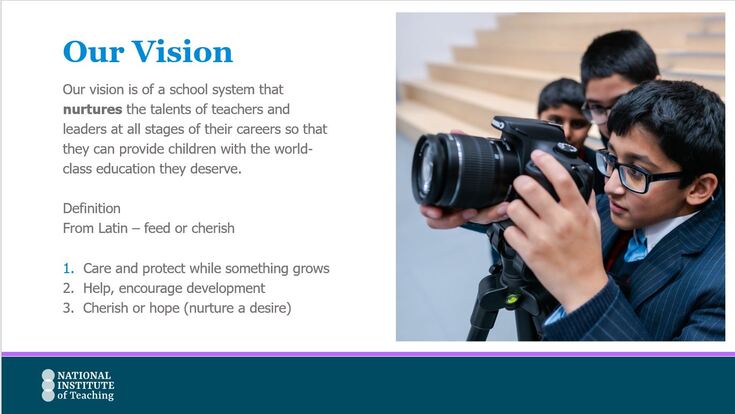
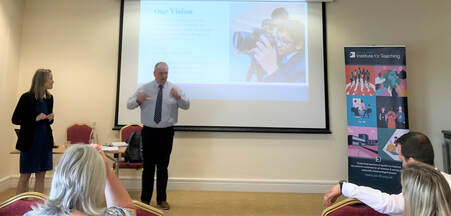
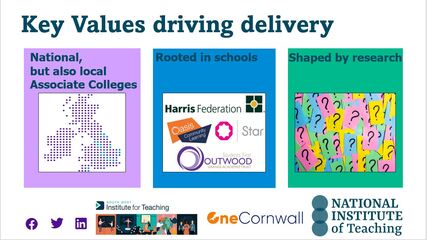
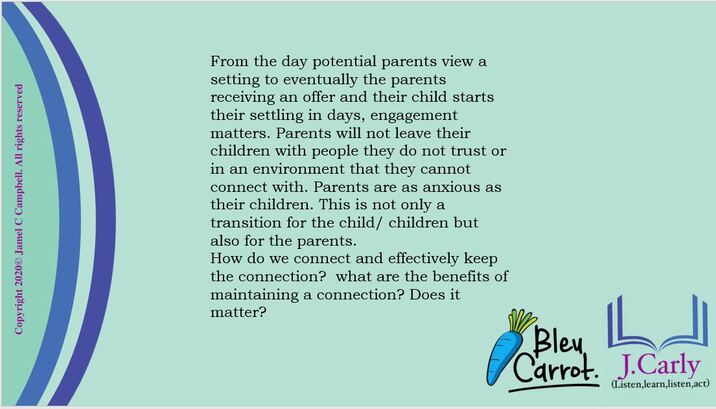
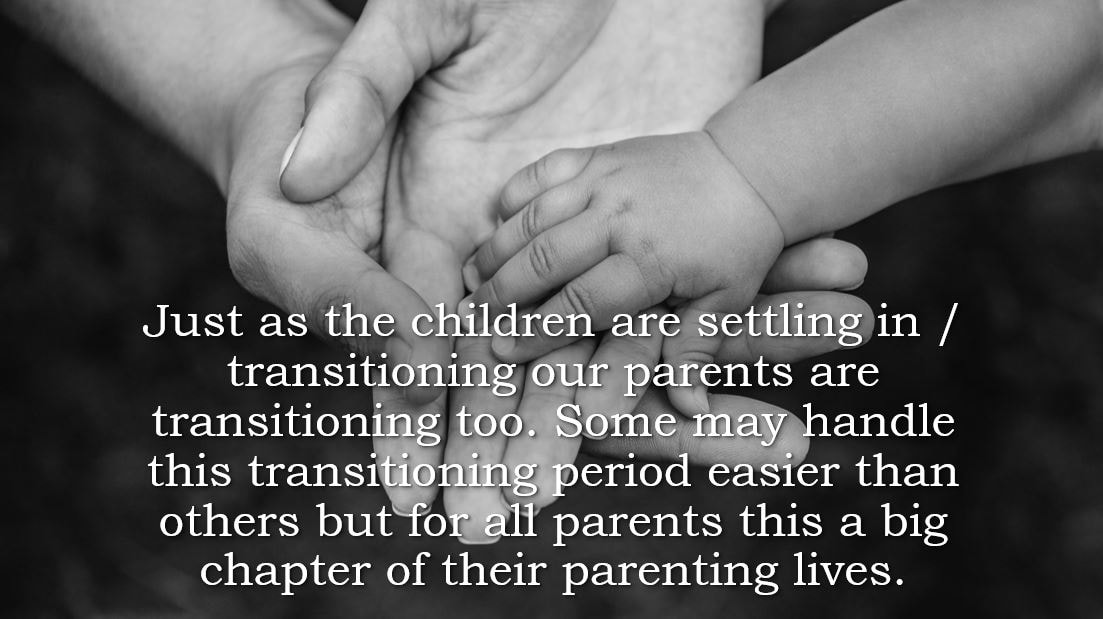
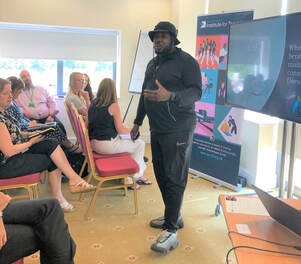
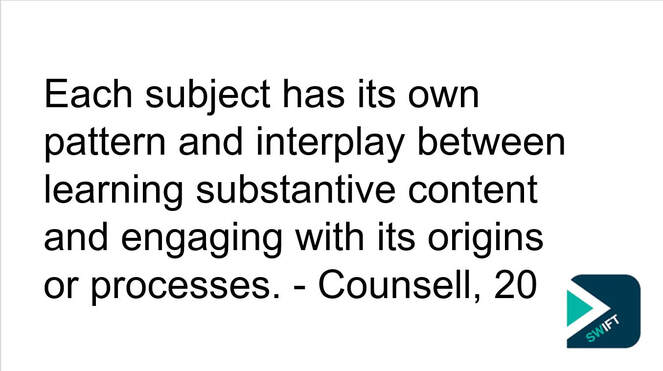
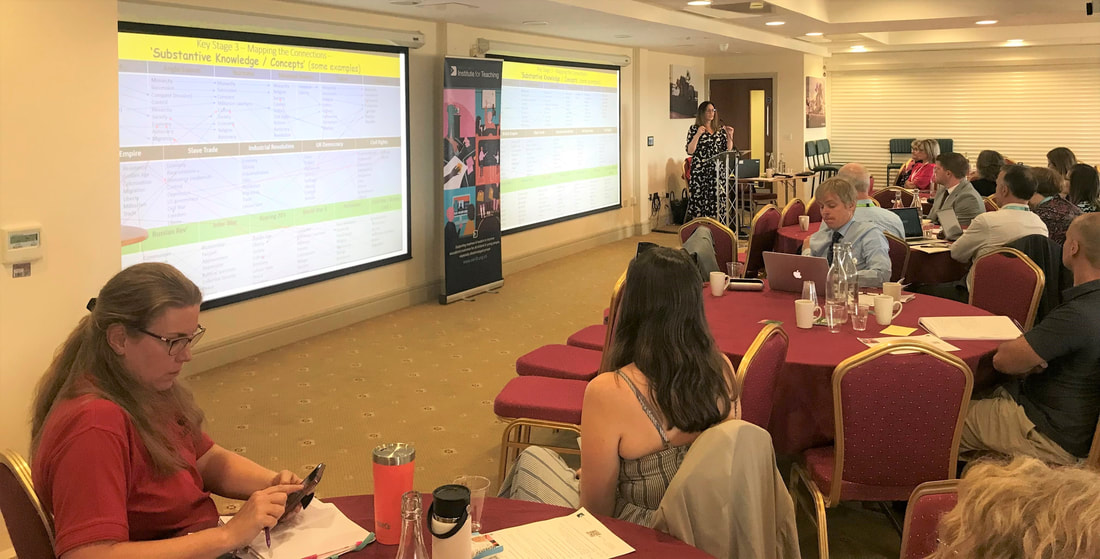
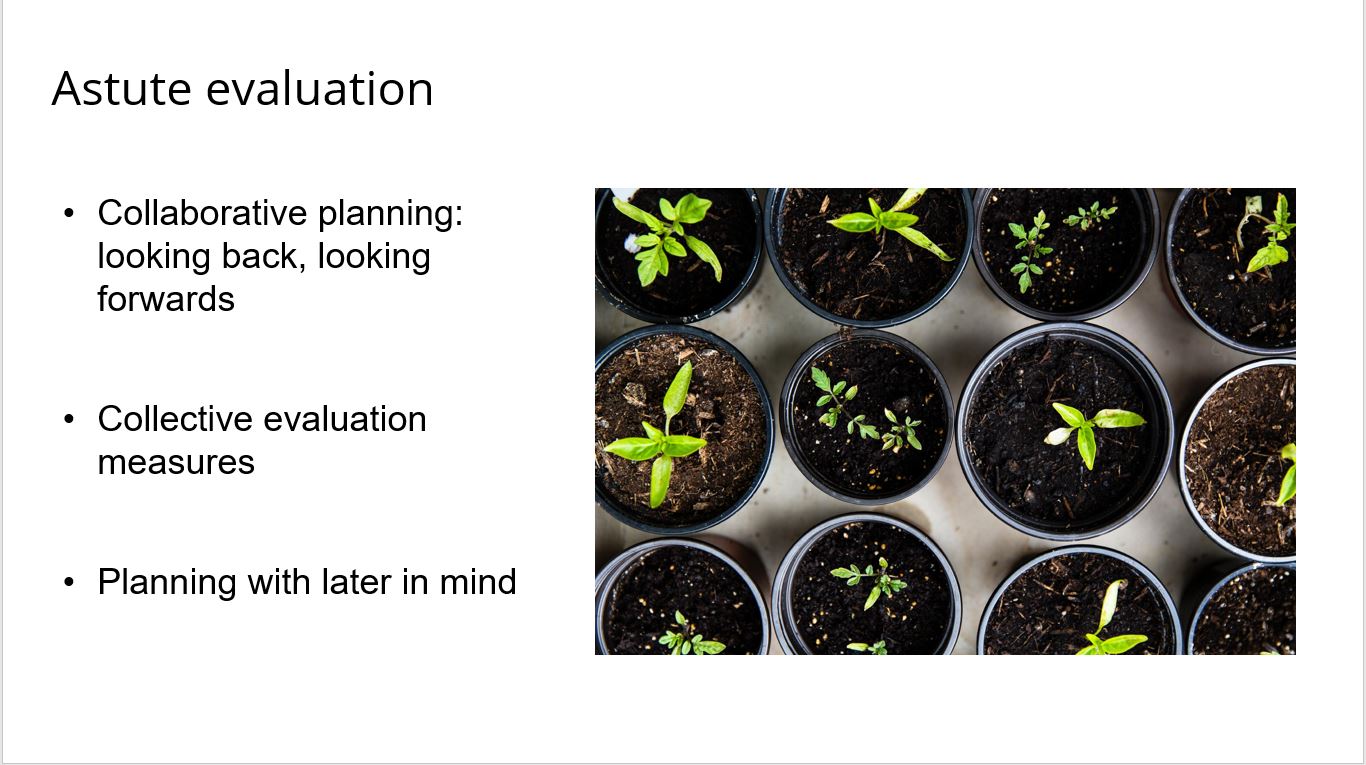
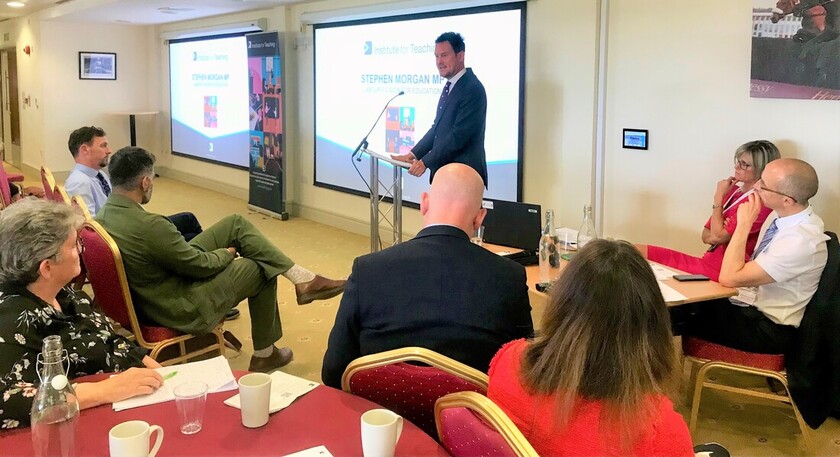
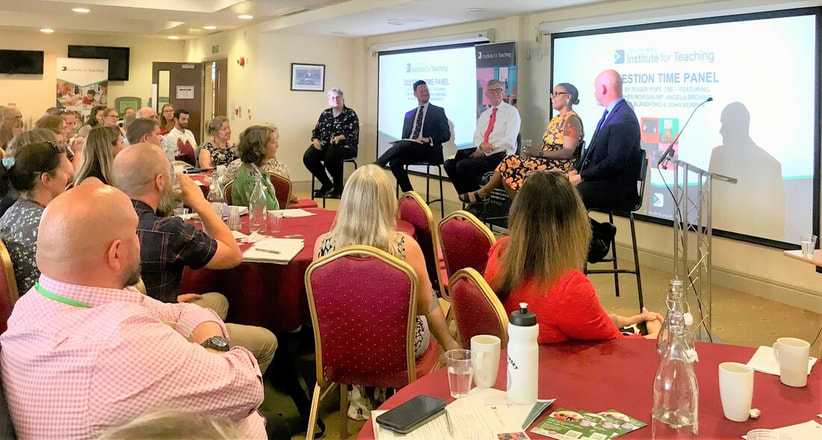
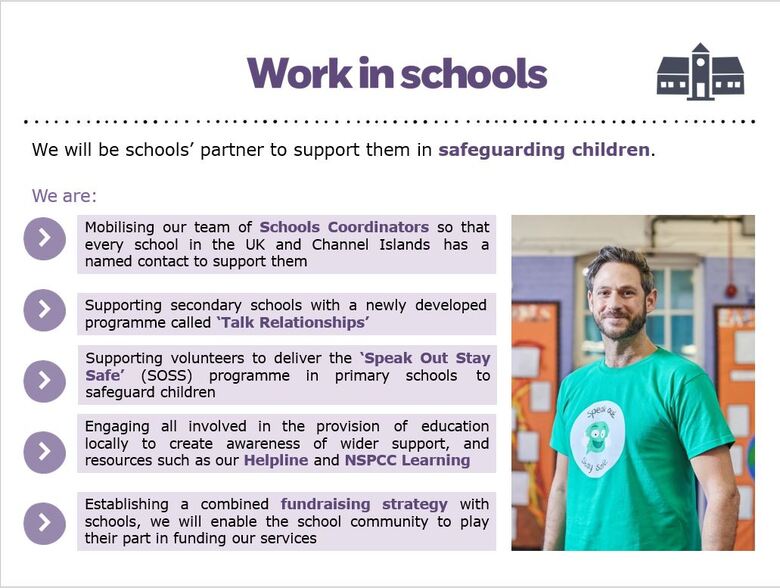
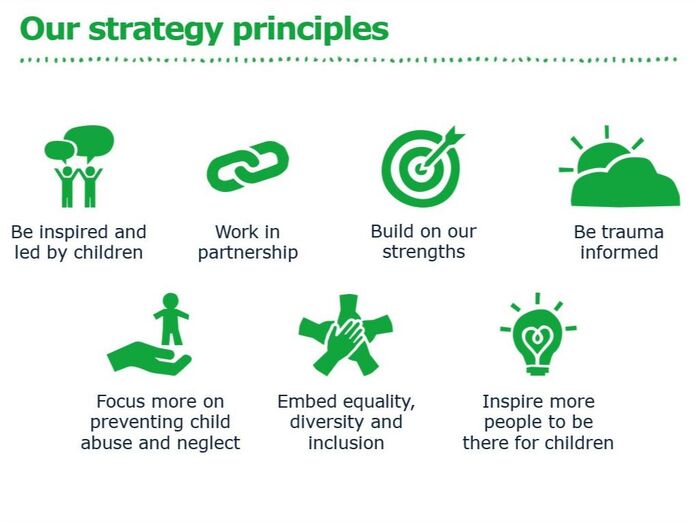
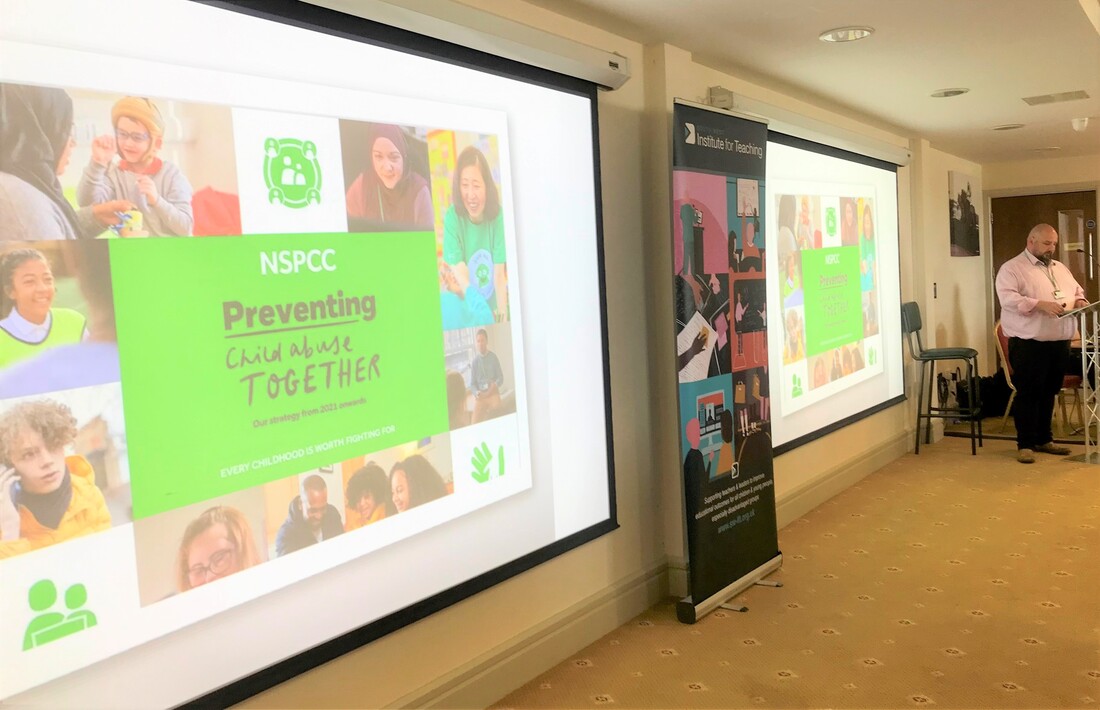
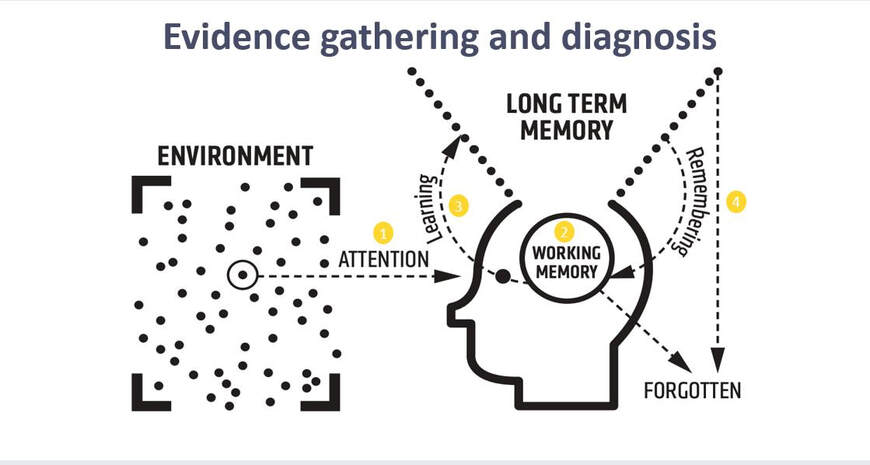
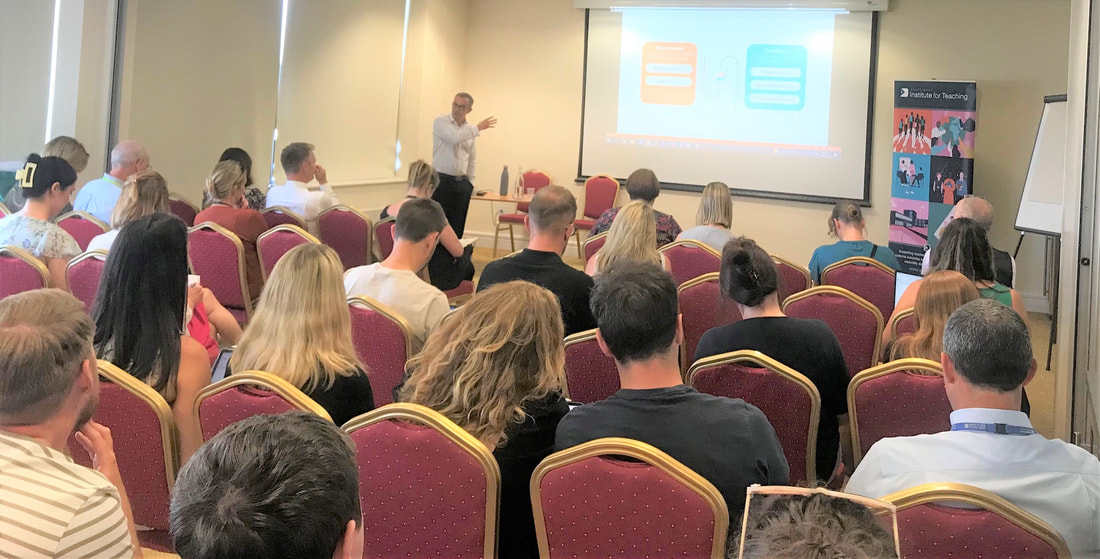
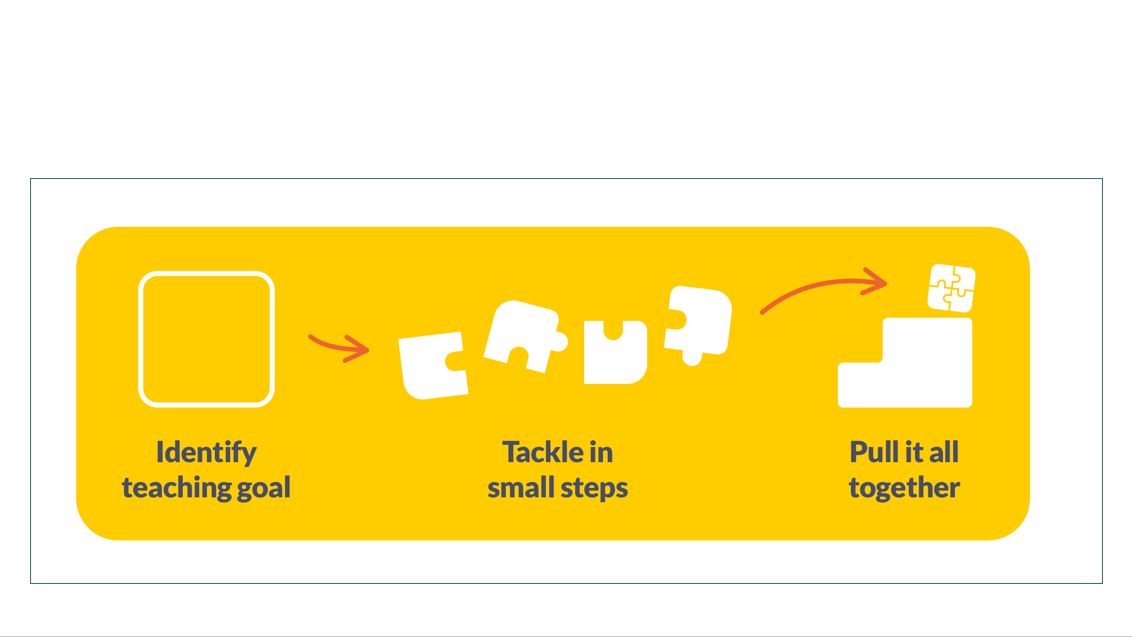
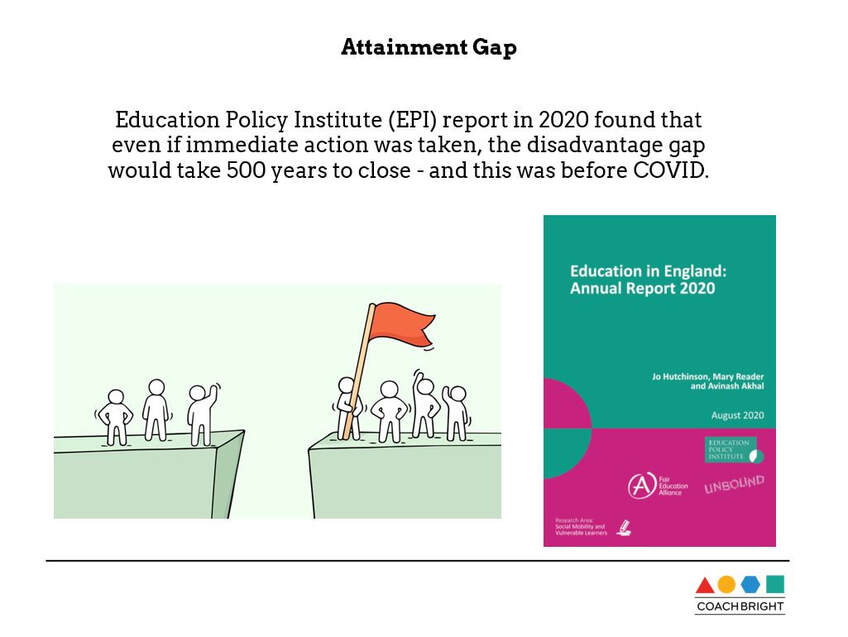
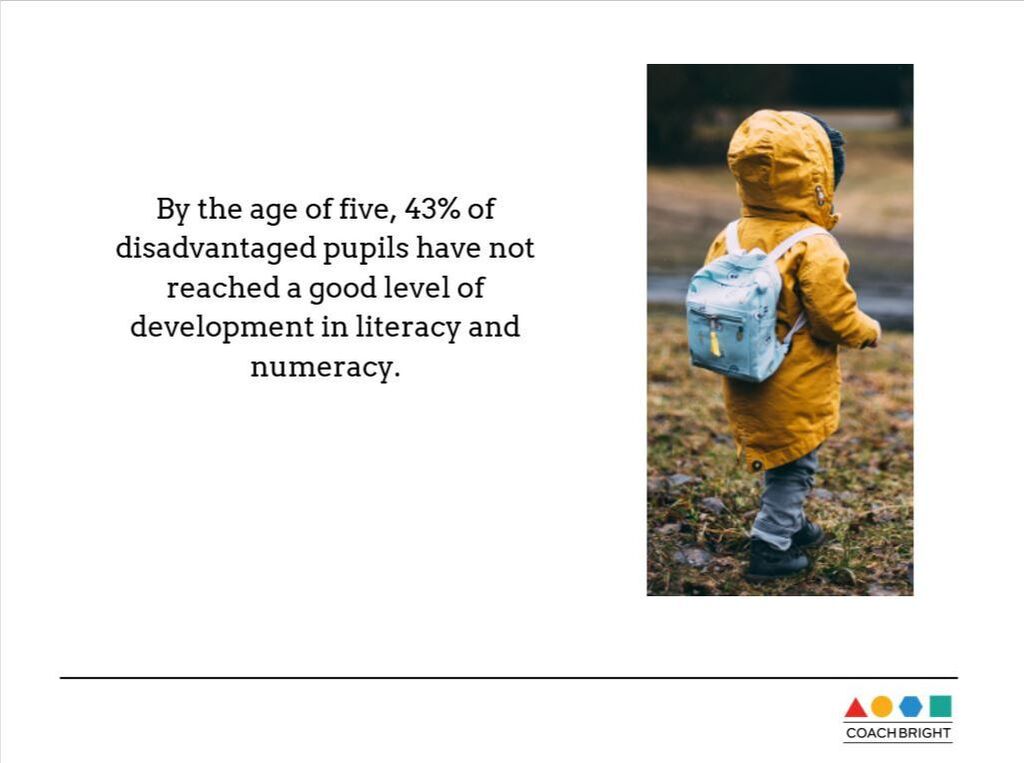
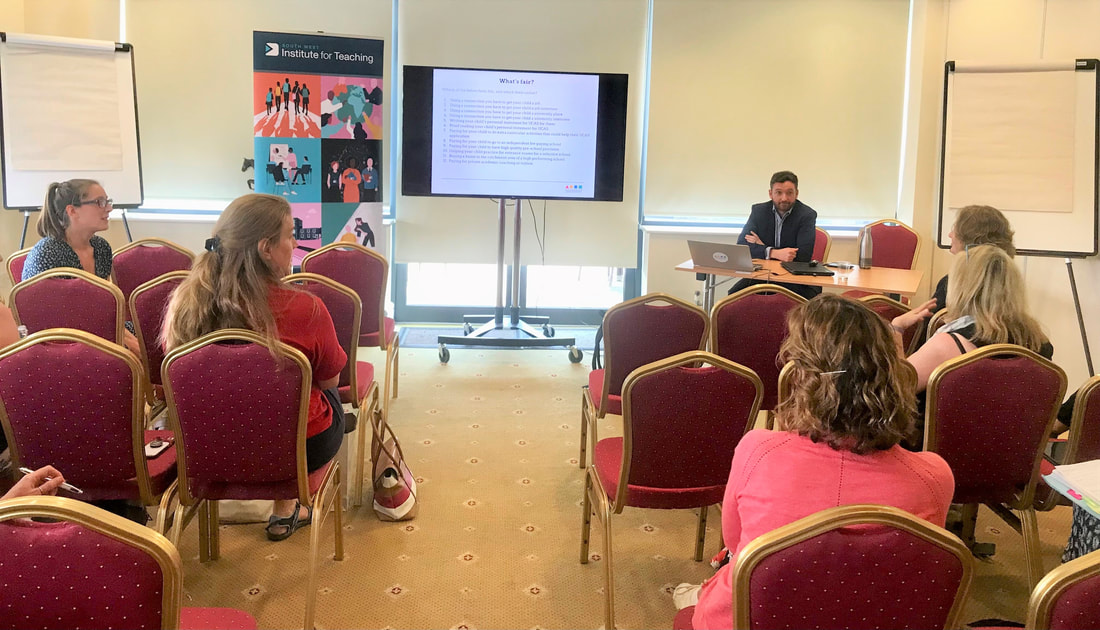
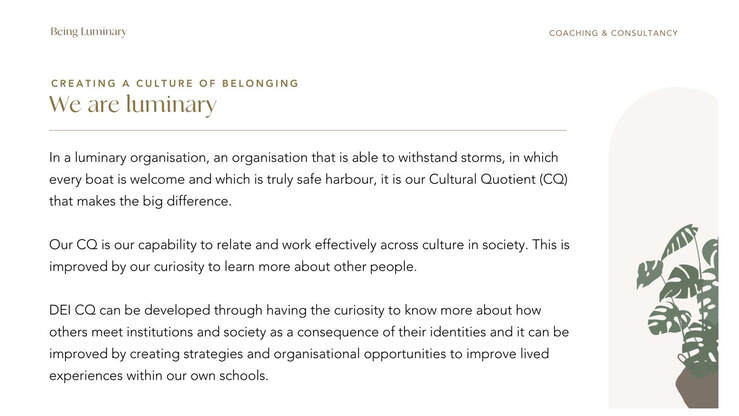
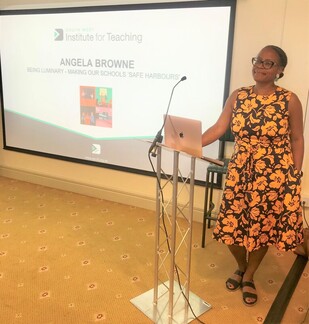
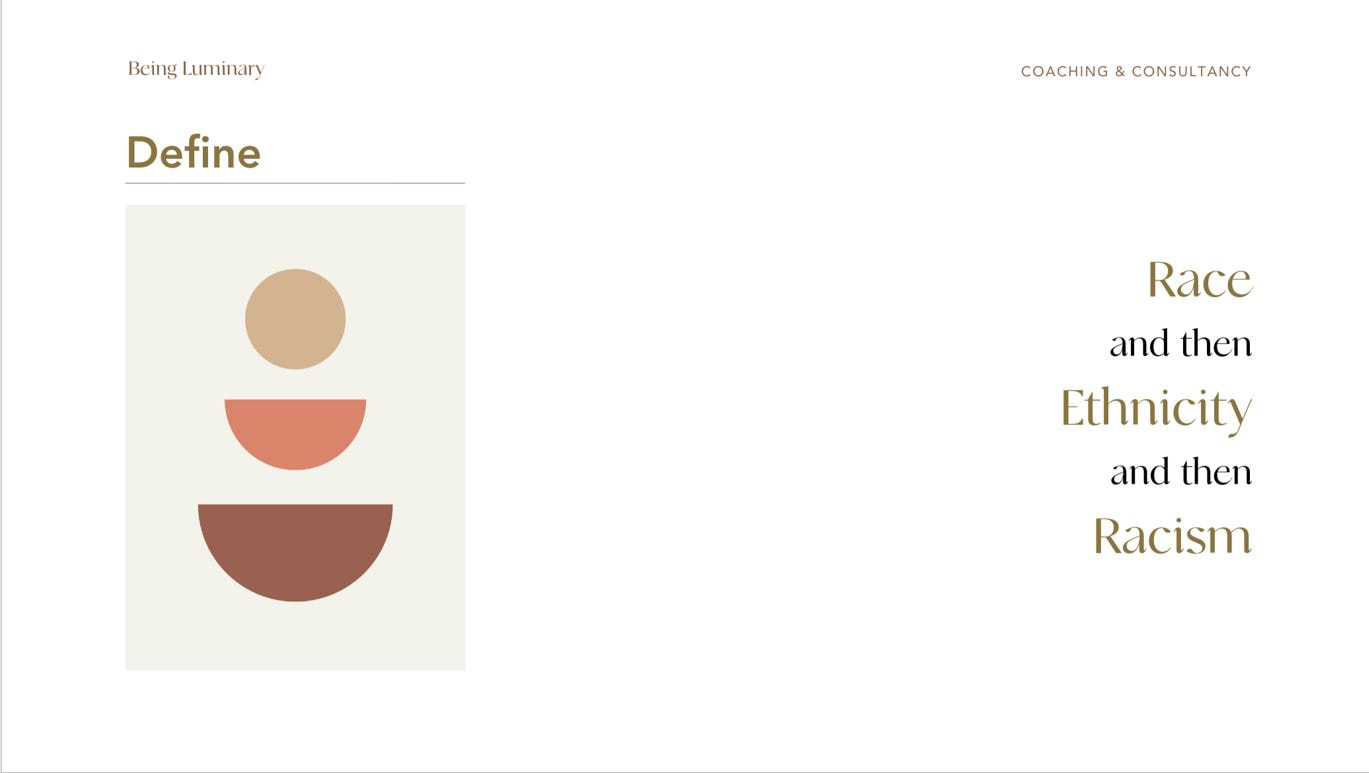
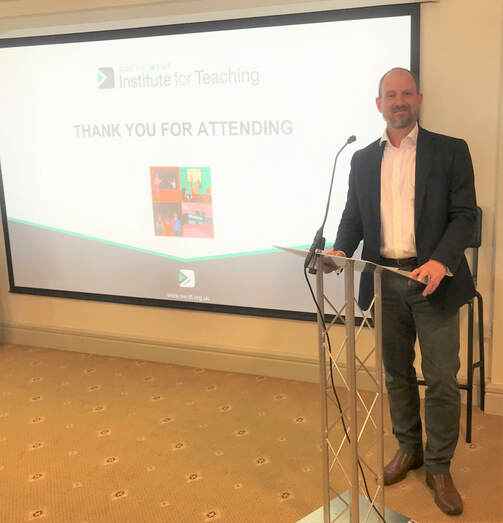
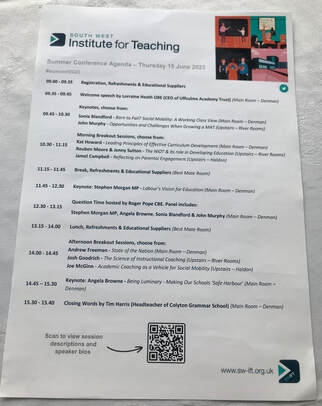
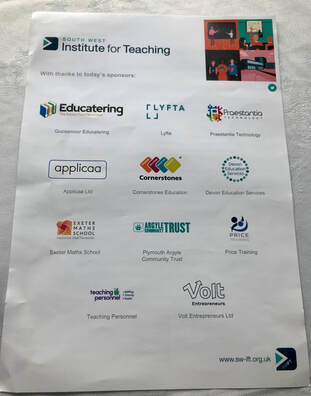
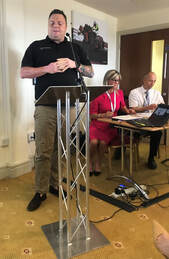
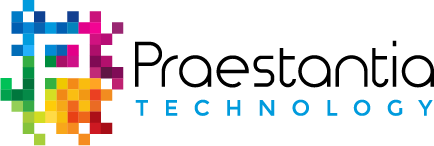
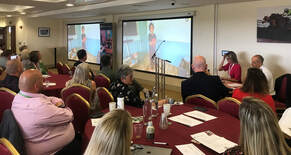
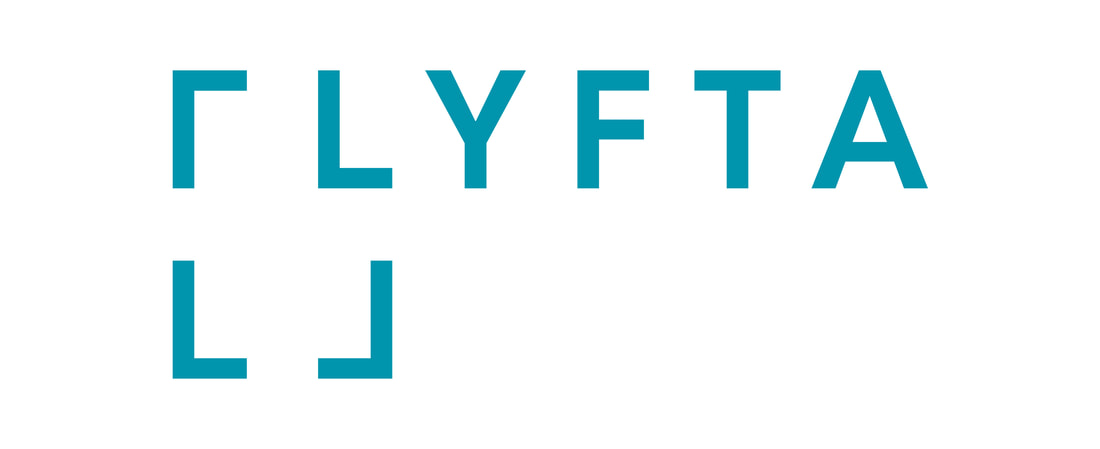
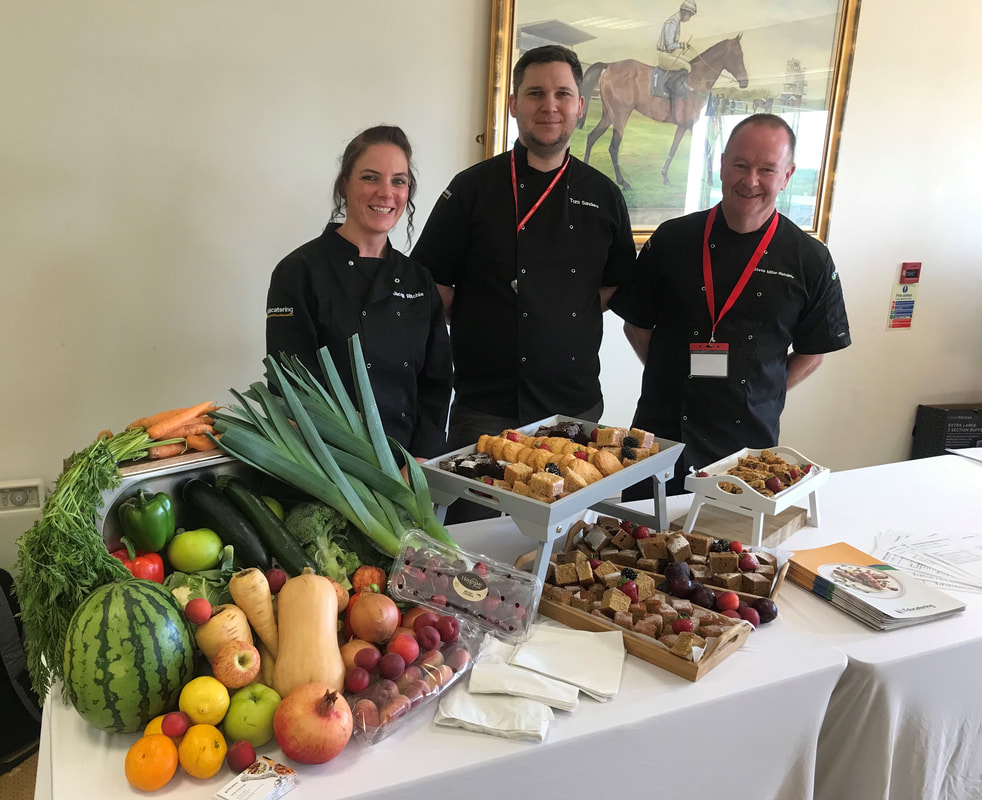




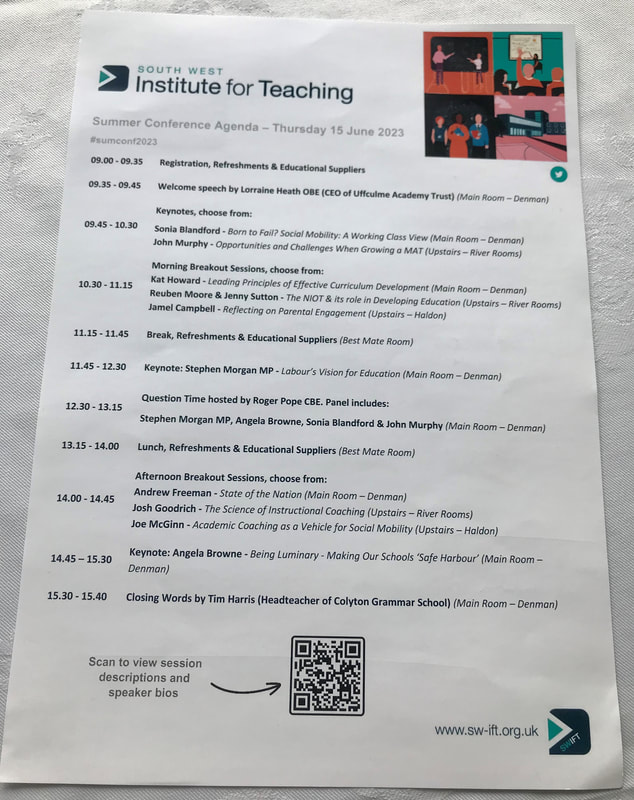
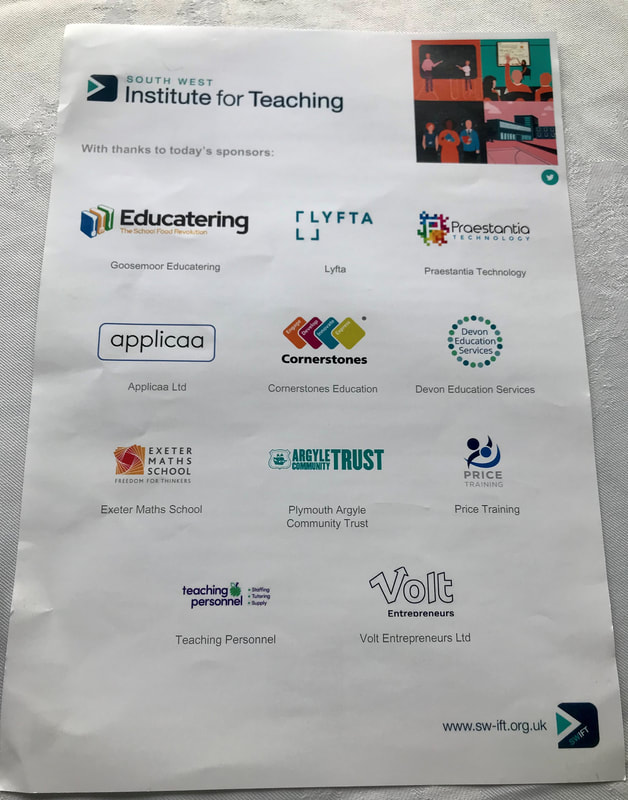
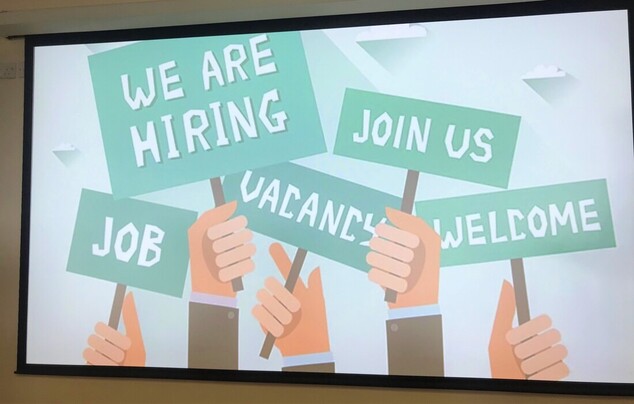
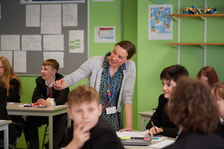

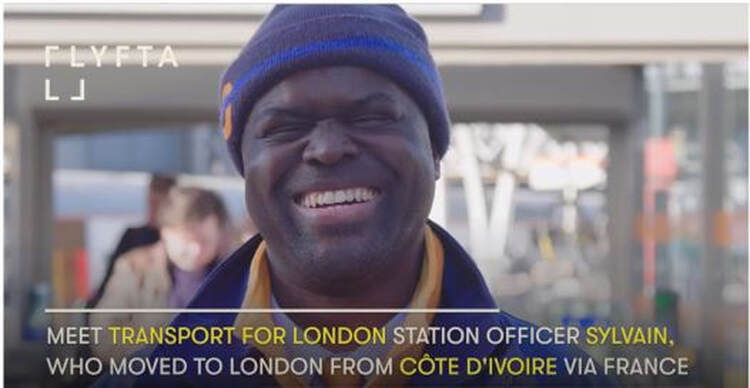

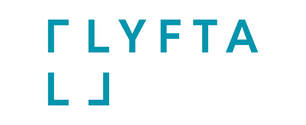
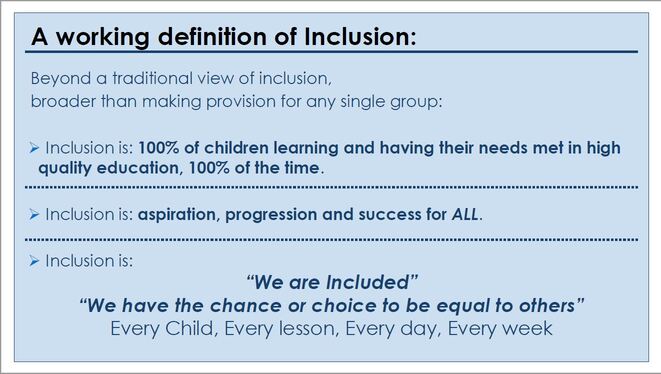
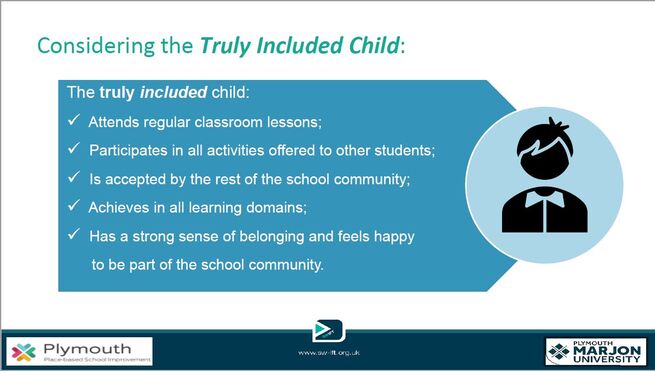
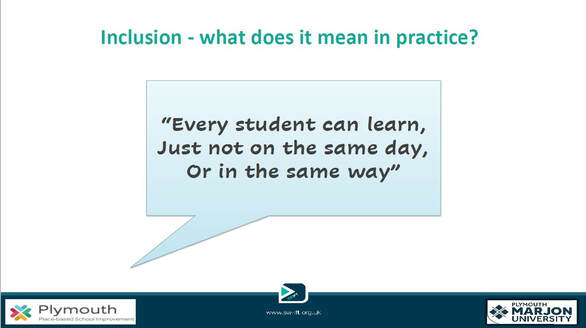
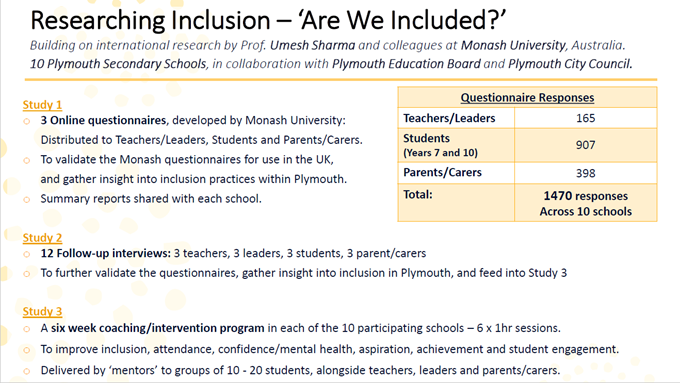
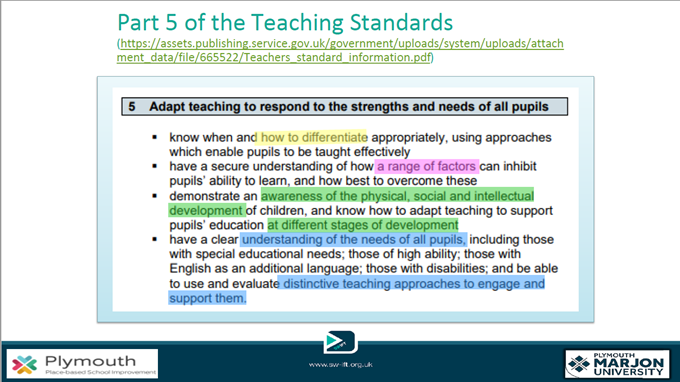
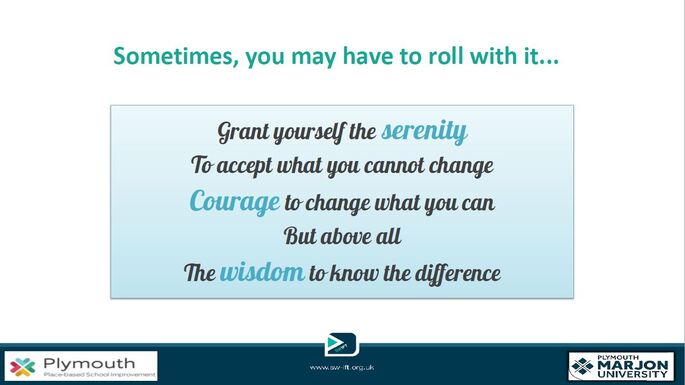
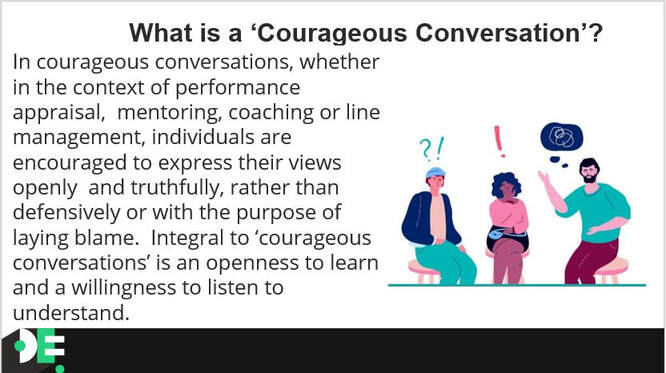
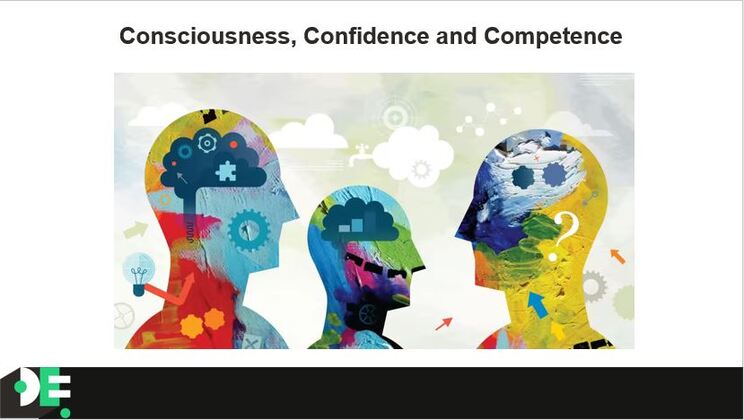
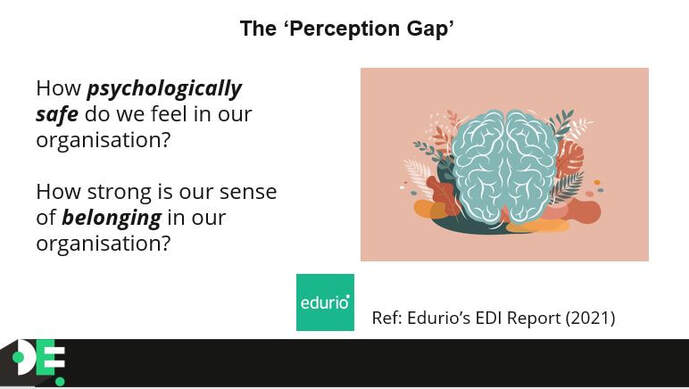

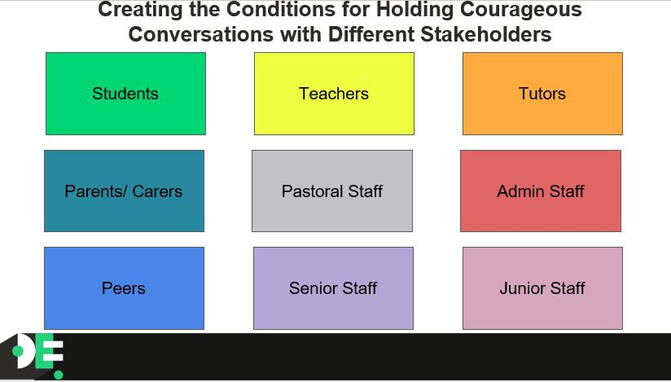
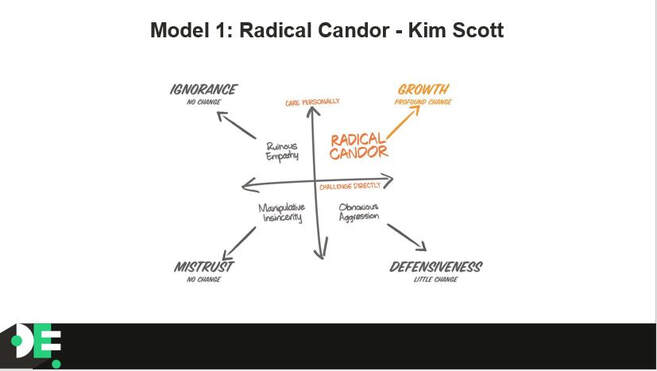
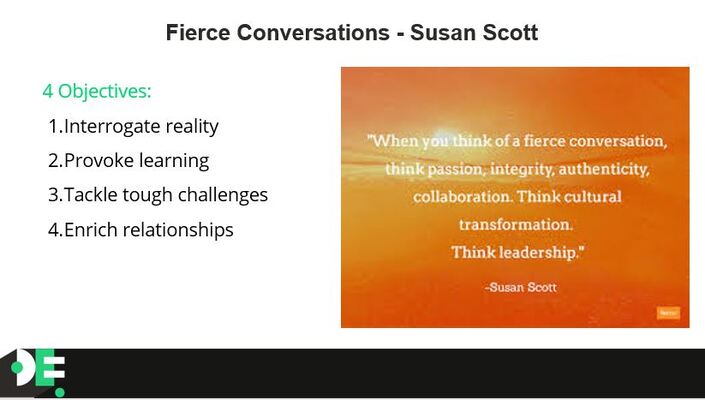
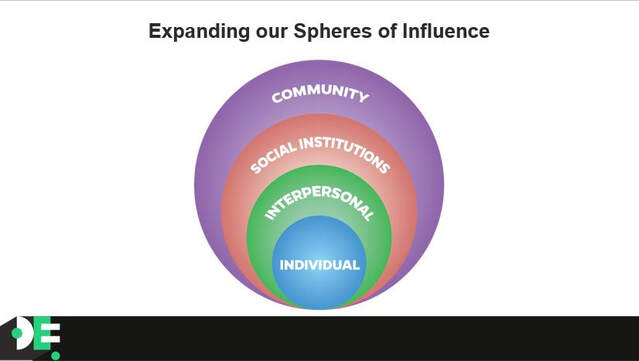

 RSS Feed
RSS Feed





